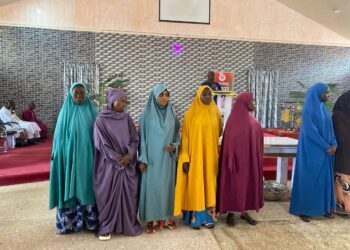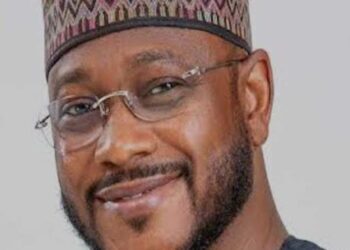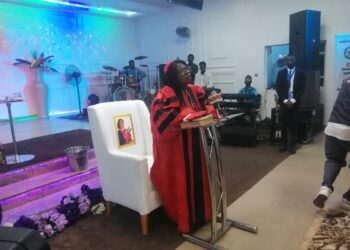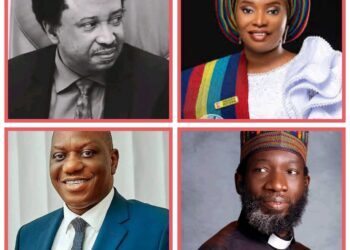By Tambaya Julius
Former Nigerian President Goodluck Jonathan has revealed shocking details about the political betrayals that took place within his administration during the 2015 elections.
In a candid interview on SYMFONI TV, Jonathan outlined the internal conflicts and power struggles that significantly affected his leadership. One of the key figures he mentioned was Yakubu Dogara, who was Speaker of the House of Representatives at the time.
According to Jonathan, several influential politicians worked against his government, creating obstacles that hindered decision-making and governance.
Jonathan provided an in-depth account of how certain members of the National Assembly played a role in undermining his administration.
He stated that political alliances were constantly shifting, making it difficult for him to implement policies that would benefit the country. He pointed out that these betrayals were not just from opposition parties but also from members within his own political circle.
Reflecting on those turbulent times, Jonathan described how he was often blocked from making crucial decisions due to interference from influential political groups. Despite these challenges, he maintained his commitment to national development.
He remarked, “If we cannot take decisions that will benefit our country, then what is the purpose of leadership?”
During the interview, Jonathan highlighted how political betrayal significantly weakened his administration’s ability to function effectively.
The power struggles and internal conflicts made governance extremely difficult, as key members of his party prioritized personal interests over national progress.
The former president expressed his disappointment in the way some political figures acted, placing their ambitions above the welfare of the country.
He also revealed that despite these betrayals, he remained focused on his vision for Nigeria. He noted that history would judge the actions of those who worked against the nation’s best interests, stating that the truth about the political sabotage would eventually come to light.
Looking back at the events of 2015, Jonathan expressed his satisfaction that discussions about that period continue to take place. He stressed that acknowledging past mistakes is crucial for Nigeria’s democratic growth.
He stated, “I am glad that when people discuss that period, they recognise the need to revisit those issues rather than dismiss them.”









